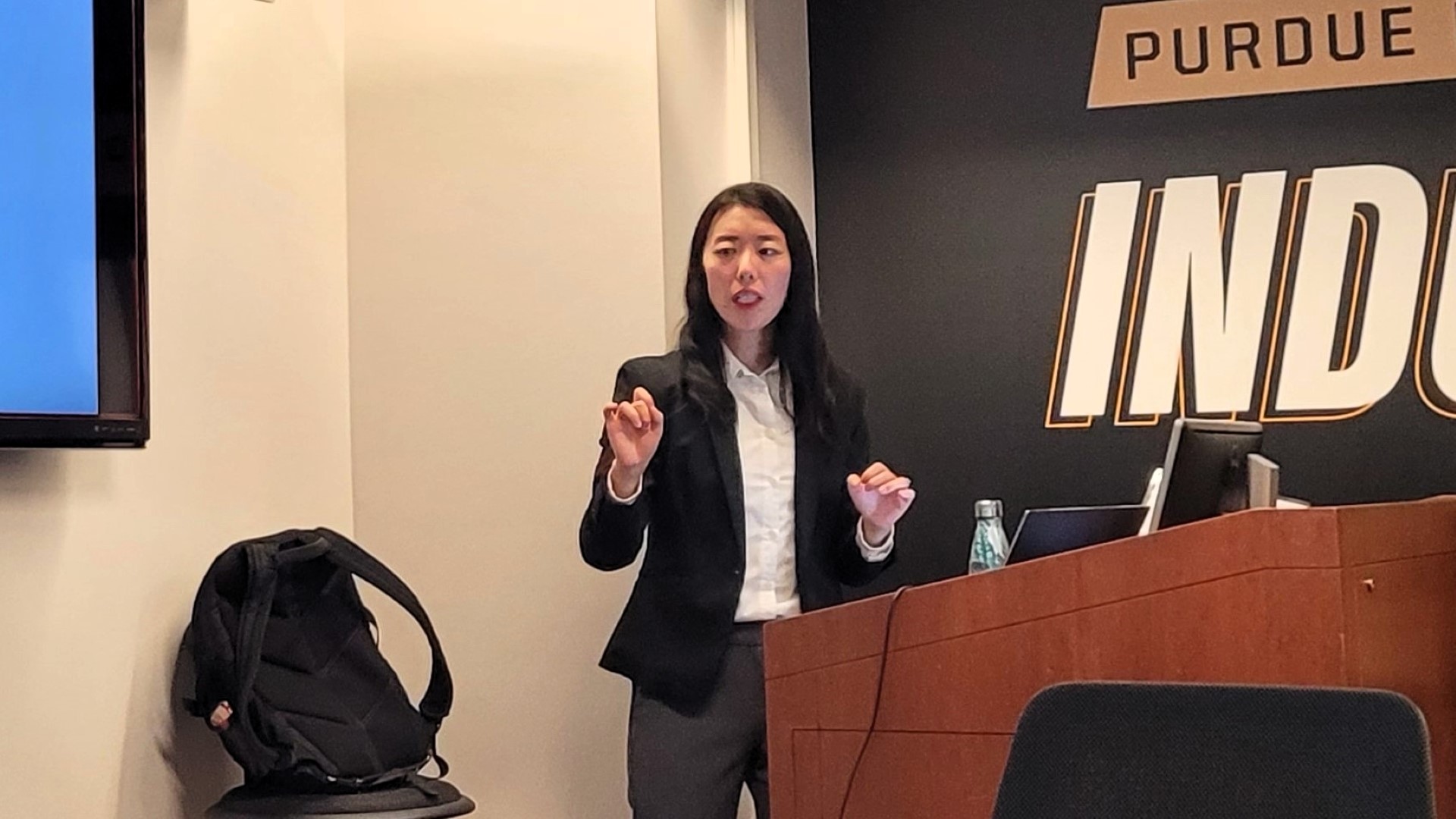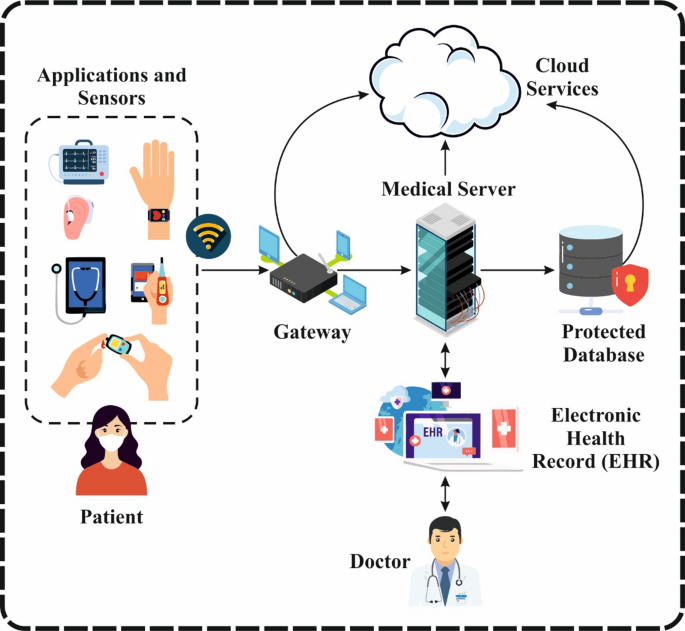Meta's Aggressive AI Talent Acquisition

Meta is aggressively positioning itself at the forefront of the artificial intelligence revolution, highlighted by the formation of its new 'Superintelligence' lab and an unprecedented global talent acquisition drive. CEO Mark Zuckerberg is reportedly offering massive pay packages, some reaching up to $300 million over four years, alongside substantial upfront stock grants and guaranteed access to high-demand computing resources, particularly GPUs, to lure top AI talent from rival organizations.
Reports indicate that Meta has extended numerous high-value offers to key personnel at OpenAI, with some initial offers exceeding $100 million in the first year alone. Beyond compensation, the promise of abundant computational power is a significant draw, ensuring researchers are not constrained by resource limitations. This aggressive recruitment has led to a notable exodus of talent from leading AI firms. Alexandr Wang, formerly CEO of Scale AI, has been appointed Meta's Chief AI Officer, co-leading the new team with Nat Friedman, former GitHub CEO. While neither Wang nor Friedman are traditional academic researchers, their leadership signals a strategic pivot.
Meta has successfully poached a 'who's who' of AI architects. From OpenAI, this includes Shengjia Zhao, a co-creator of ChatGPT and GPT-4, representing a significant loss for Sam Altman's company. Google DeepMind has seen the departure of Jack Rae, the pre-training tech lead for Gemini 2.5, alongside other text-to-image generation experts. From Anthropic, Meta has secured Joel Pobar, an expert in AI inference. This strategic 'talent raid' provides Meta with immediate advantages: instant credibility due to the new team's hands-on experience with advanced models, disruption of competitors' roadmaps by forcing them to replace key personnel, and a powerful gravitational pull for future talent, establishing Meta as a premier destination for ambitious AI work.
The hiring spree has undeniably rattled rivals. OpenAI's Chief Research Officer, Mark Chen, reportedly expressed this sentiment to staff, stating, “It feels as if someone has broken into our home and stolen something.” While OpenAI is adjusting compensation to remain competitive, they emphasize maintaining fairness. Internally at Meta, the sheer scale of the reported compensation packages has drawn attention. Senior engineers at Meta already earn high salaries (around $850,000 annually, with E7s making approximately $1.54 million), but these new offers are on a different scale. Meta's Chief Technology Officer, Andrew Bosworth, acknowledged that some leadership roles do command premium pay, but pushed back on the $100 million figure as a universal standard, stating, “The market's hot. It's not that hot. Okay? So it's just a lie.” He clarified that offers are structured to include various components rather than being solely sign-on bonuses.
This aggressive push into AI, with its immense potential for both good and harm, invites critical examination of Mark Zuckerberg's past leadership. Critics point to incidents like the Cambridge Analytica scandal and












